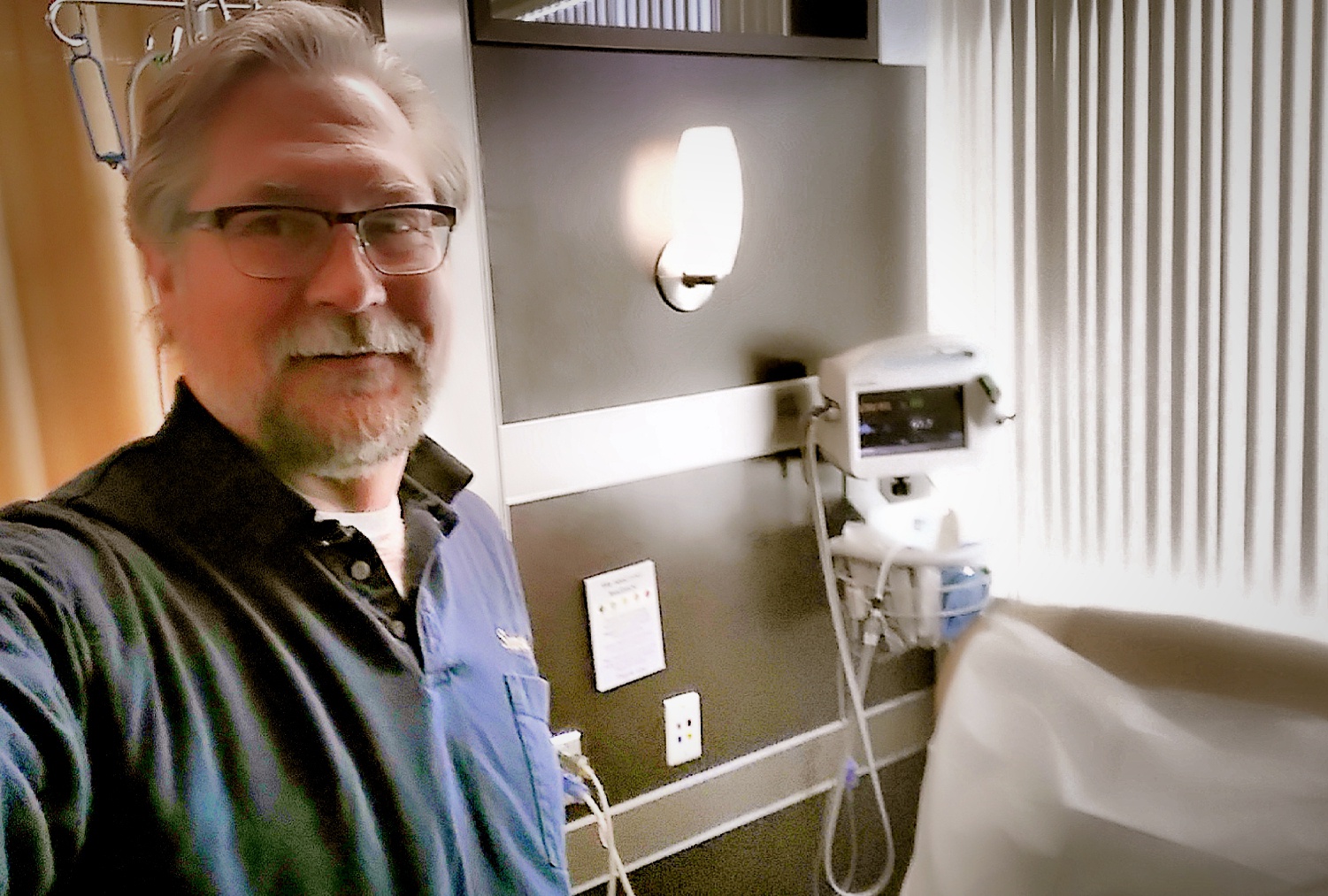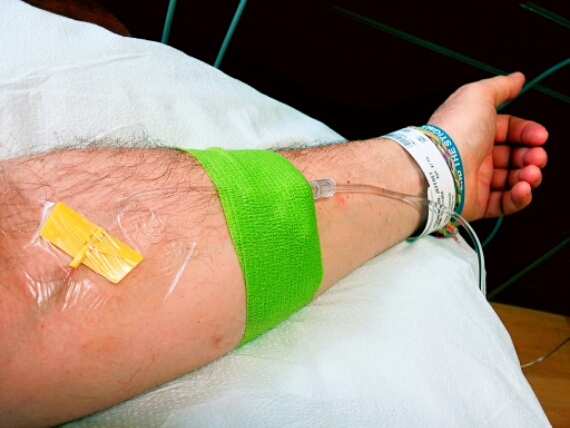I have always had difficulty living in the moment. It’s something I have struggled with my entire life. It isn’t something with emotional roots so much as just being the way my brain is wired — there are both pluses and minuses to this — but there are certainly emotional ramifications. Ever since I was a child, I have taken in a lot of information from the peripheral, sometimes impacting the central focus of my attention. Often, I would simply drift away, trying to retain my connection to what was happening while being pulled somewhere else entirely. But I recognize the importance of the moment, of the experience of being there in life.
When I drift, it is not always a bad thing; in fact, I am often very invested in what is going on, but I begin extrapolating in my mind and that can take me somewhere totally disconnected from what is actually happening. The effect is an offshoot of the rich fantasy life I had from the beginning. In my earliest memories, I was already a storyteller and could lose myself for hours in imaginary worlds or alternate lives. While I remember slow days, it is hard to recall being bored in my youth. But it is easy to pull up memories of being distracted, antsy, eager to be somewhere else.
In grade school, I was not particularly academically challenged, but I was also not wholly invested in my lessons. In the middle of a math test, my mind would wander elsewhere; I would try to be attentive, but my note taking progressively betrayed me. By the time I was in college, my class notes were filled more with poetry and sketches than any transcriptions of my professors’ words. Those pages are a document of my tangential thinking, the intellectual wanderings typical of how I often experience the world, the slight disconnect to being directly in the “now.”



